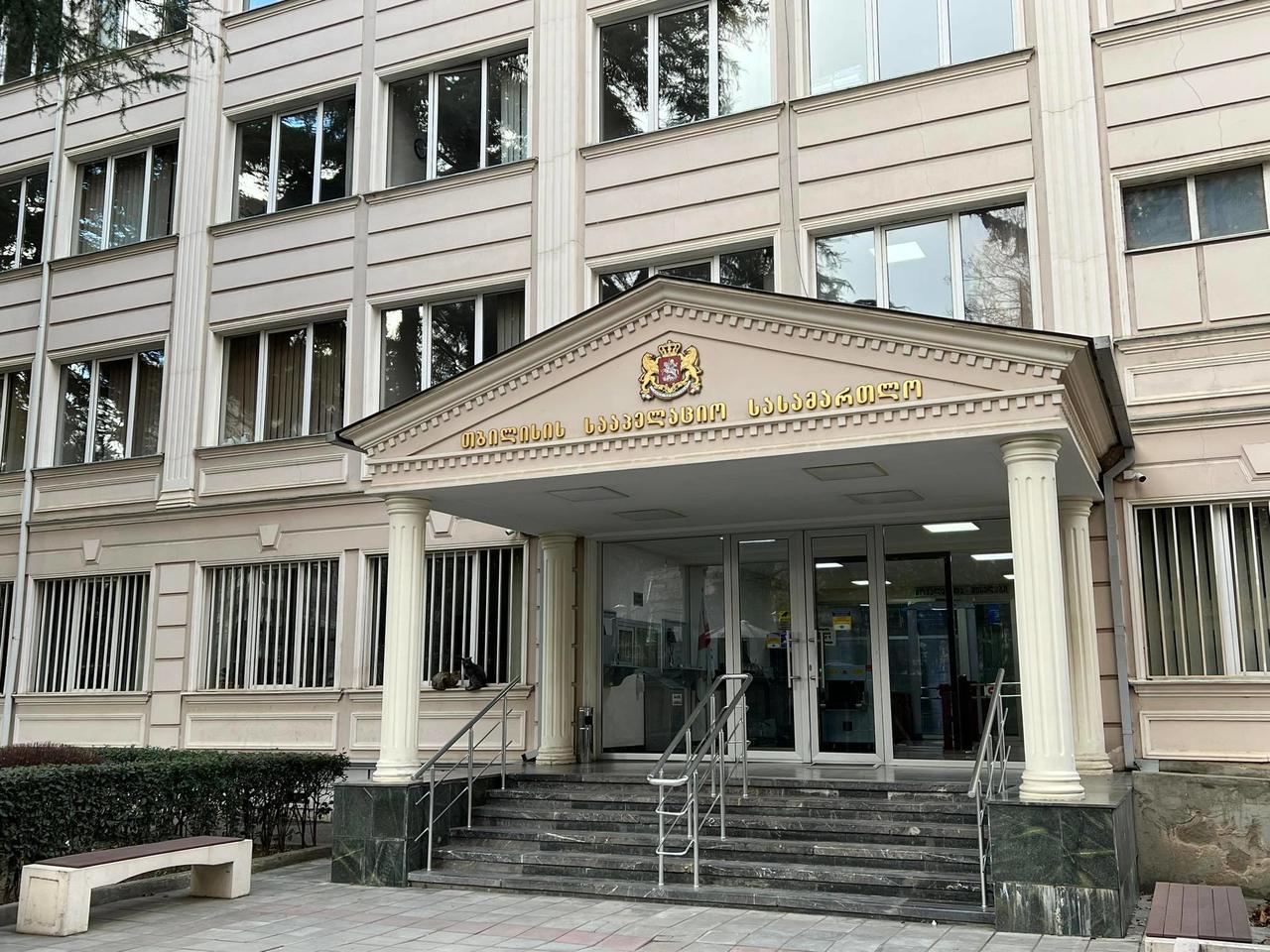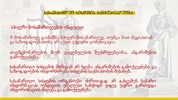Getting public information from the judicial system becomes increasingly difficult
Table of contents

Access to public information is our constitutional right and one of the key components in determining court accountability. Nevertheless, obtaining public information from the general courts of Georgia is associated with spending a lot of time and energy.
"In general, the society has the interest protected by the Constitution to access documents in state institutions. Informing the public about the issues related to the implementation of the government is vital for democratic governance and accountability of the government“.1
According to the law, proactive disclosure of public information does not exempt a public institution from the obligation to provide the same or other public information in case of a request.
Despite this obligation, the following trend has been identified by the Georgian Court Watch based on its own experience:
- Courts not only fail to proactively publish public information but even on request, with rare exceptions, do not issue public information;
- In case of refusal to issue public information, with rare exceptions, they do not indicate the right to appeal, while the definition of this right and rule is essential for non-jurists;
- Very often the deadlines set by law for issuing/refusing public information are not met.
Thus, in terms of the release of public information, the common courts have revealed more or less the same tendencies, however, as noted, there are exceptions. In order to highlight a particularly different approach to the release of public information, in this article we present the practice of Kutaisi and Rustavi city courts, as well as Kutaisi and Tbilisi appeals courts, on the example of the responses received on the public information requested by the Georgian Court Watch. Here we note that we applied to all the listed Courts with letters of the same number and content.
Bad example
Kutaisi Court of Appeal
Georgian Court Watch has repeatedly sent an appeal to The Kutaisi Court of Appeals requesting various public information. The Kutaisi Court of Appeal did not provide information, citing the lack of necessary resources for processing the information, and additionally noted that “in case of freeing up of relevant resources and time, we will ensure processing of the public information requested by you.”
In addition, the Kutaisi Court of Appeal responded to the Georgian Court Watch 11 days after the application was sent, and according to the law, the applicant must be notified immediately of the refusal to provide public information.
In addition, the response of the Kutaisi Court of Appeal violated one more requirement of the law, namely-in case of refusal to issue public information, the public institution is obliged to explain its rights and the procedure for appealing to the person in writing within 3 days after the decision is made. Unlike the Kutaisi City Court, this rule was not mentioned in the response of the Kutaisi Court of Appeals.
Tbilisi Court of Appeal
Similarly, the Tbilisi Court of Appeals responded to the requested public information that the processing of the information required disproportionately large resources of the court staff and if appropriate time and resources appeared in the court, the requested information would be processed.
In this case, the Tbilisi Court of Appeals responded to the Georgian Court Watch after 11 days and not immediately, as required by the law; also, the right and rule of Appeal in case of refusal to issue public information were not indicated.
Kutaisi City Court
The Georgian Court Watch addressed the Kutaisi city court with written requests for public information. Georgian Court Watch requested various information, including: Is there a structural unit or an employee responsible for public information, who is loaded only with releasing said information? If there were any, we requested their job description.
In this case, the Kutaisi city court did not provide us with information, but the letter indicated the possibility and rule of its appeal. The refusal of the requested public information was granted beyond the period established by law, when, according to the law, the refusal of the public institution to issue public information must be immediately notified to the applicant.
A Good Example
Rustavi City Court
Like the above-discussed courts, the Court Watch has applied to Rustavi city court with a request for public information of the same amount and content. Surprisingly, in this case, the court showed different conduct.
generally, Rustavi City Court confirms the receipt of the letter within a few minutes; after the appeal was sent by us, the court responded immediately. Since the response to the request for public information required the retrieval and processing of a significant volume of unrelated individual documents, the request for public information would be answered within the 10-day period established by law.
Thus, Rustavi City Court abides by the request of the law, according to which, if a 10-day period is required for the release of public information, the public institution is obliged to notify the applicant upon request.
Rustavi city court, without any reference to the disproportionately large resources of the court's office, provided a written response within the 10-day period established by law.
Everyone has the right to receive public information. The General Administrative Code of Georgia is a kind of instrument that allows any person to request public information regardless of its physical form and state of storage, in addition, any person has the right to choose the form of receiving public information if it exists in different forms. In order to obtain public information, a person needs to submit a written application to the body from which they request it.
The public institution has the obligation to ensure the availability of copies of public information, besides, in addition to reimbursement of the necessary amount for copying, it is inadmissible to impose any kind of fee for the issuance of public information.
The practice of issuing public information from the courts of Georgia varies according to the courts, as the above-mentioned examples show, there are negative and positive experiences, although the latter is less common.
The court system's policy of refusing to release public information is contrary to the requirements of the law on the one hand, and on the other hand indicates a low degree of accountability, because answering simple questions such as "how many judges, assistants and clerks are there in the court?“ Does not realistically require a lot of resources to process information.
The court is obliged to facilitate access to public information and not vice versa, to avoid the interested person by referring to "disproportionately large resource needs" with template responses
Footnotes
1. Constitutional Court of Georgia, n(n)Le "Green Alternative" V Parliament of Georgia, article 3/1/752, December 14, 2018.
---
The materials distributed by courtwatch.ge and published on the website are the property of "Georgian Court Watch", when using them, "Georgian Court Watch" should be indicated as the source.

Nazi Janezashvili held a briefing on difficulties related to obtaining public information from the judiciary

Briefing - Gaps related to public information in the judicial system

Is the judicial system transparent?

Disclosure of the agenda of the meeting by the High Council of justice as a minimum standard of transparency

Transparency criteria according to the Tbilisi Court of Appeal practice assessment

Transparency of the judicial system

The degree of transparency of the High Council of Justice has further deteriorated































